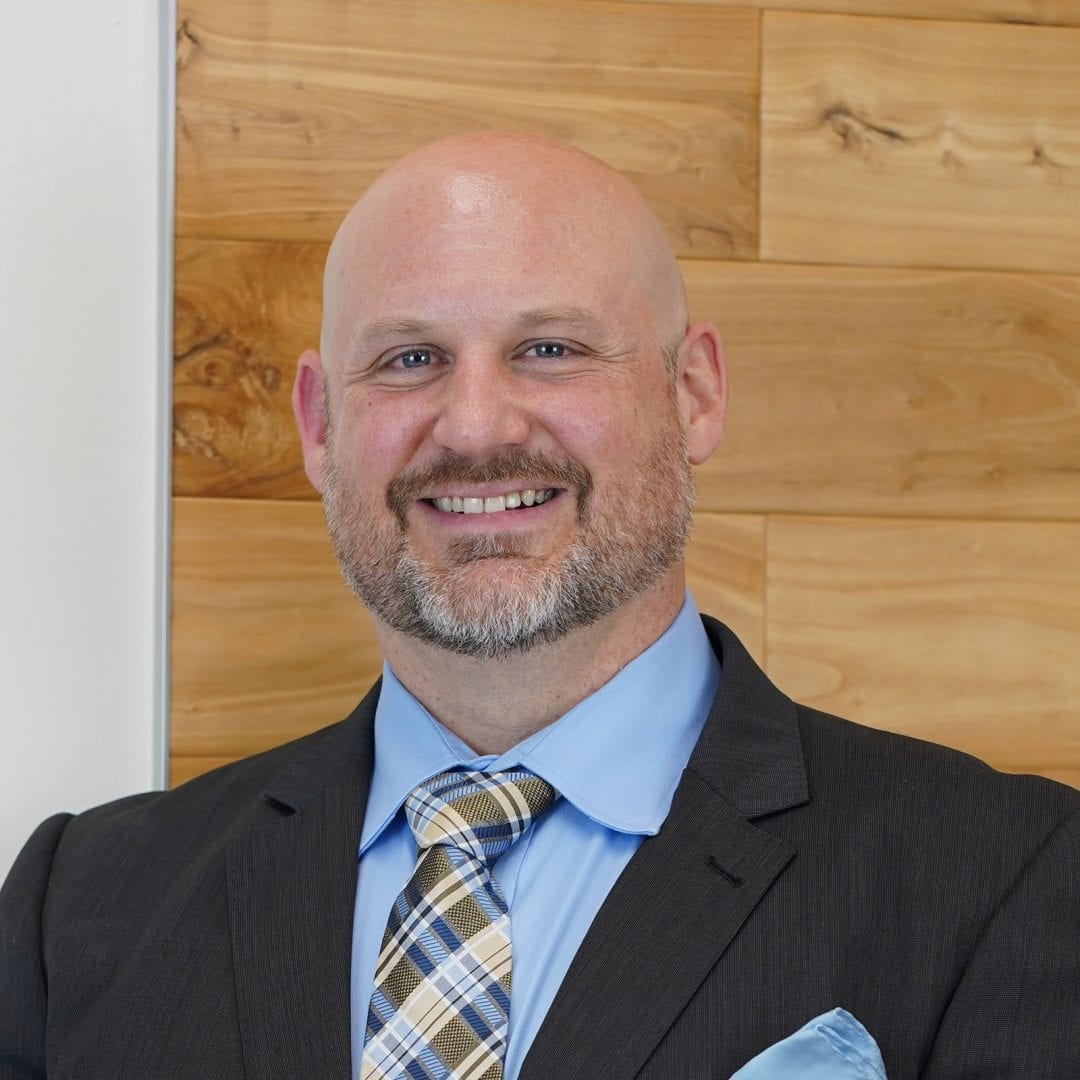Q&A with Dr. Jason A. Davis – All About Hip Pain
- Posted On:

Hip pain is a common complaint we see in the office and we wanted to get a better understanding of the causes and treatments. We sat down with Dr. Jason A. Davis to get his expertise on the matter. Dr. Davis is a board-certified Orthopedic Surgeon specializing in total hip and knee replacement as well as sports medicine. He earned his medical degree from the University of Texas Health Science Center in Houston. He subsequently completed his residency in Orthopedic Surgery at Brooke Army Medical Center in San Antonio while honorably serving with the U.S. Army.
What are some common hip issues you see in your practice?
By far the most common cause of “hip pain” in my patients is hip bursitis, which does not actually involve the hip joint. Typically, the hip joint itself is healthy. A bursa is a small fluid-filled sack that lies between a tendon and bone and functions to decrease friction during motion. Bursitis is inflammation of a bursa. Hip bursitis, which has other names such as greater trochanteric pain syndrome and greater trochanteric bursitis, causes pain on the lateral aspect (the outside of the thigh) of the hip region, and pain will often radiate down the outside of the thigh toward the knee. The area is often tender to the touch and too painful to allow sleeping on that side. The cause of this condition is often multifactorial, that is, there can be several contributing factors. Most commonly, the tendinous structure overlying the hip bursa, called the IT band, is too tight, which increases the friction and causes inflammation in the bursa. Treatment is usually straightforward and quite effective. A steroid injection in the bursa is the quickest way to relieve pain and inflammation in the bursa, but the treatment also needs to address the underlying issue and involves physical therapy to loosen the IT band, which takes about 6 weeks. A temporary course of an oral non-steroidal anti-inflammatory medication such as Aleve or ibuprofen is effective in keeping the inflammation down while progressing in therapy. The condition can reoccur and sometimes repeat injections are required. Surgery is rarely required for this condition, less than 5% of the time.
True “hip pain”, usually occurs in the front of the hip, deep in the groin region. Hip pain in patients younger than 40 is not very common. Causes include a muscle strain, a condition called hip impingement, or a torn labrum (the small lip of tissue around the hip socket). Depending on the presentation, an MRI may be used to obtain the diagnosis.
In older patients, that is, patients older than 40, true hip pain is most often due to osteoarthritis, which involves the erosion of the cartilage surfaces of the ball-and-socket in the hip, leading to abnormal stress on the bone and pain, and tightening of the tissue around the hip leading to stiffness. Initial treatment usually involves activity modification, oral non-steroidal anti-inflammatory medication such as Aleve® or ibuprofen, physical therapy, and occasionally a steroid injection. There is no known cure and if the condition becomes debilitating, definitive treatment is a hip replacement.
Are hip issues more common in older people? or is that a myth?
Yes. Patients who present to my clinic for hip pain are usually older than 40 years of age, and the trend is the older the patient, the more commonly I see complaints of hip pain.
How can people prevent hip issues?
Not all hip conditions can be prevented. But, maintaining a healthy lifestyle is quite helpful in preventing some conditions, and minimizing symptoms of others. Staying within a healthy body weight by appropriate nutrition and routine exercise can help prevent injuries and control symptoms. Maintaining good core (abdominal, back, and hip muscles) strength and flexibility are very beneficial strategies.
Is surgery the only treatment option?
Not always. Depending on the cause of hip pain, there are often several effective non-operative options. On the other hand, some conditions, such as hip impingement, a torn labrum, or severe arthritis, are best treated with surgery.
To schedule an appointment with Dr. Davis or any of the physicians at Total Orthopedics Sports & Spine, please contact the office at 972-772-9995.
